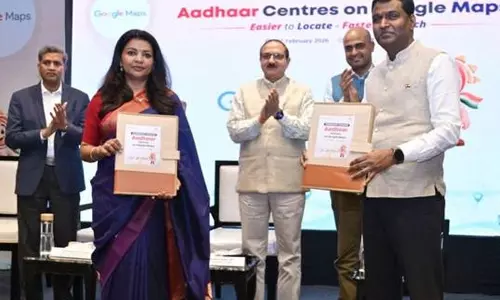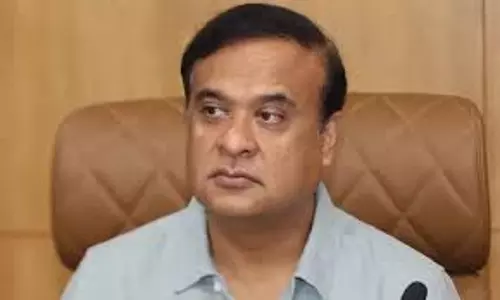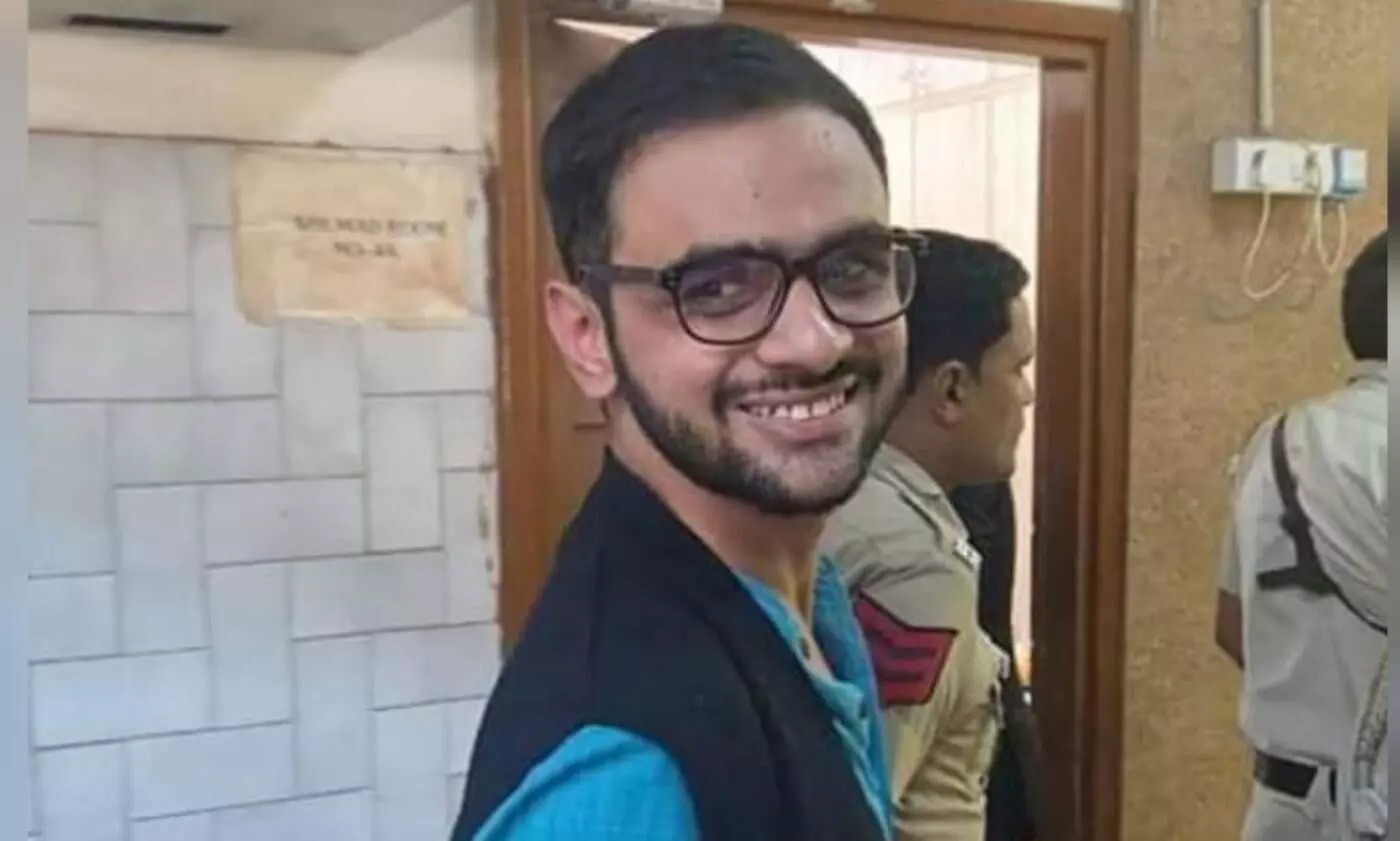
Trial and bail elude Umar Khalid, the ‘veteran of sedition,’ since his arrest
text_fieldsFive years passed since Umar Khalid, a former student leader from Jawaharlal Nehru University, who is in the Delhi police records as ‘the veteran of sedition’, entered the four walls of jail after being charged with several cases, including terrorism charges under the Unlawful Activities (Prevention) Act (UAPA), over which trial and bail elude him.
His detention stems from allegations that he played a role in organising protests against the Citizenship Amendment Act (CAA) and the National Register of Citizens (NRC) during the visit of then-US President Donald Trump in 2020. At the centre of the case is the prosecution's interpretation of what constitutes a “terrorist act” and the broader implications of how this is defined under UAPA.
The charges against Khalid have been detailed in a 2020 Delhi Police chargesheet, which portrays him as having a long history of involvement in sedition and accuses him of conspiring to organise a "chakka jam" (road blockade) during Trump's visit.
Khalid, according to the police, was part of several secret meetings, where he allegedly made inflammatory speeches, calling for violence. Despite these allegations, Khalid’s lawyers have argued that much of the evidence presented, including testimonies from protected witnesses, is hearsay and lacks material backing, such as the recovery of weapons or documentation linking him to banned terror groups.
The prosecution's case heavily relies on statements from over two dozen protected witnesses, whose identities are concealed for their safety. These witnesses allege that Khalid participated in planning the protests and incited violence.
However, Khalid’s defence team has questioned the reliability of these statements, highlighting that they were recorded nearly a year after the First Information Report (FIR) was filed and were revised multiple times.
Despite the absence of direct evidence linking Khalid to violent acts or banned organisations, the courts have thus far upheld the state’s version of events. In three separate bail hearings—two at the trial court level and one before the Delhi High Court—judges have ruled in favour of the prosecution, citing the Supreme Court’s 2019 decision in the Zahoor Ahmed Shah Watali case.
This ruling limits the courts' ability to scrutinise the merits of the prosecution’s claims during bail hearings under the UAPA, effectively placing a heavy burden on the accused to prove the allegations are untrue at this stage.
One of the key contentions in Khalid’s case is the broad interpretation of what constitutes a terrorist act under Section 15 of UAPA. While the section criminalises acts aimed at threatening India’s unity, integrity, and security, it specifies that such acts typically involve the use of explosives, firearms, or other dangerous substances. The prosecution has argued that the planned “chakka jam” falls within this definition under the clause of "any other means." Khalid’s lawyers, however, contend that peaceful protests cannot be equated with acts of terror.
The trial is yet to commence, leaving Khalid in legal limbo as he continues to challenge the accusations. Meanwhile, there are ongoing appeals before the Supreme Court to clarify the scope of Section 15 and provide clearer guidelines on how it should be applied, particularly in cases involving protests and dissent.























